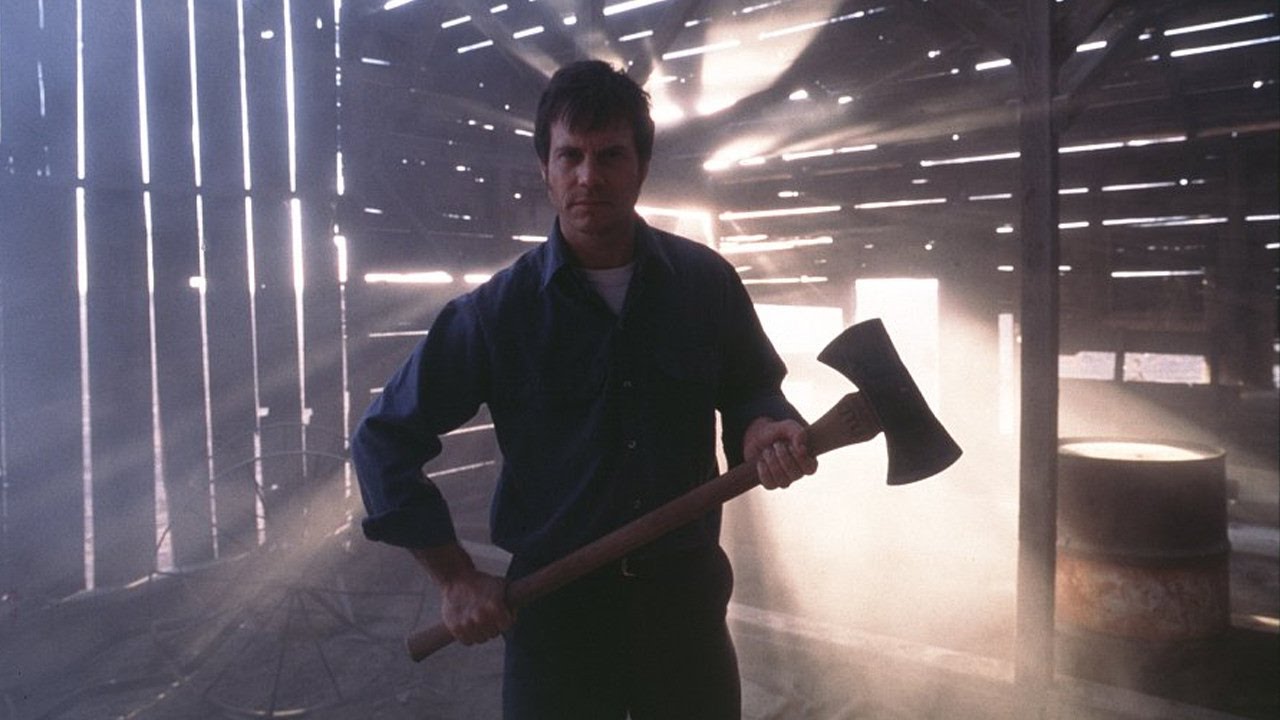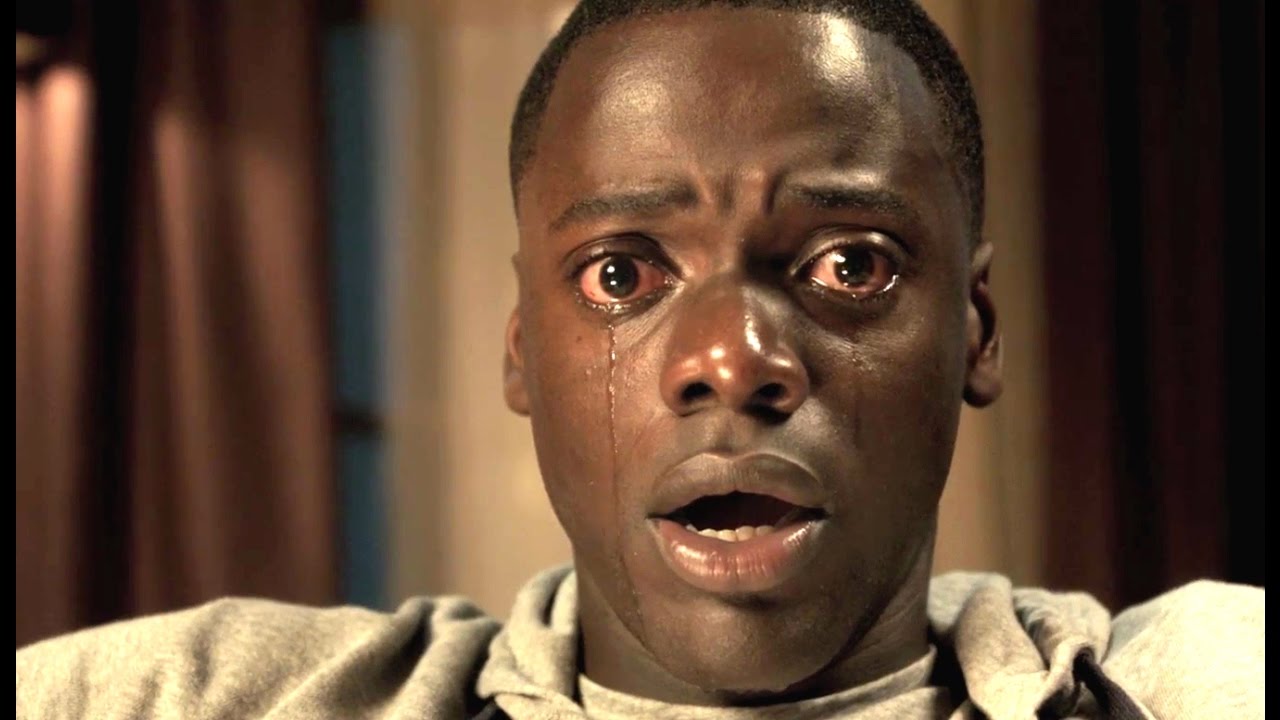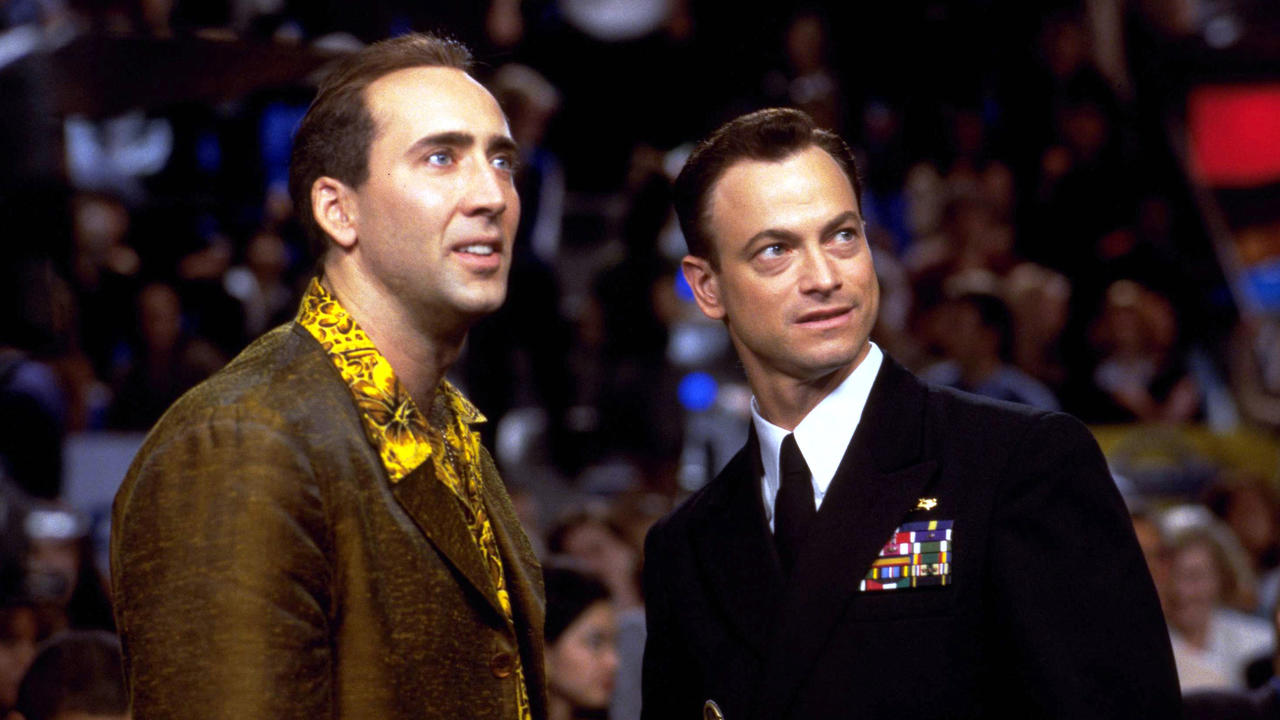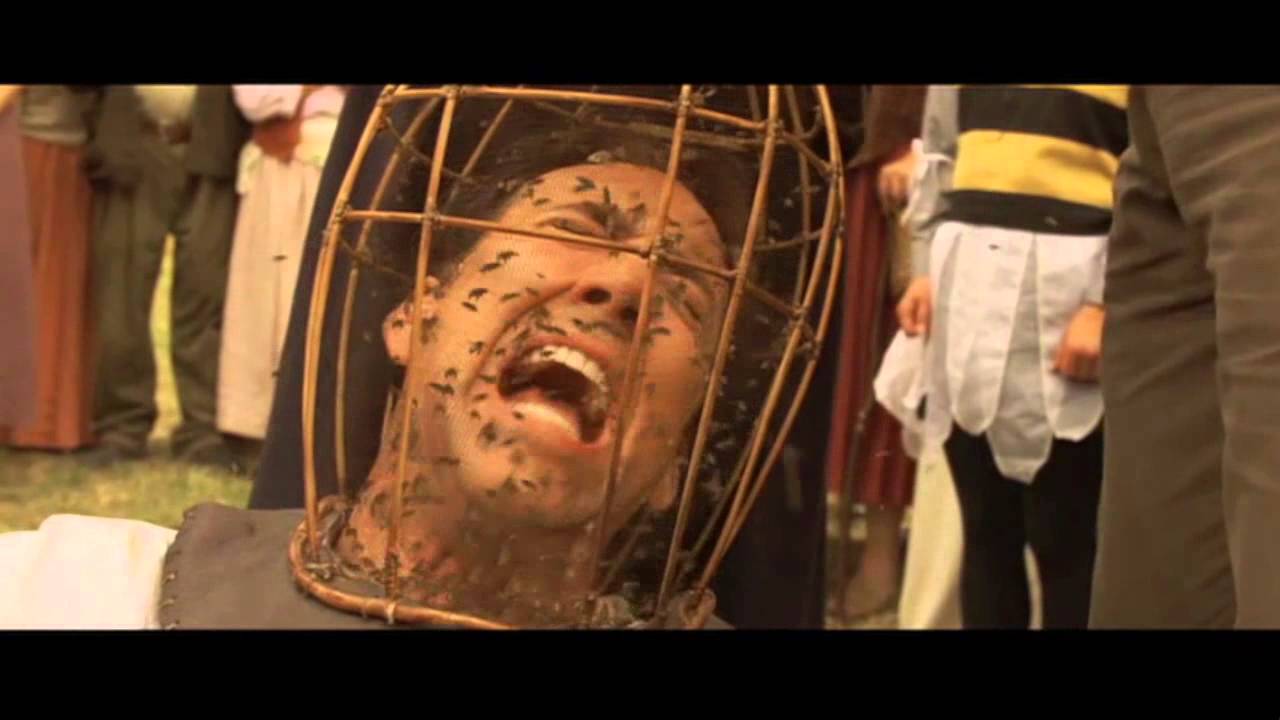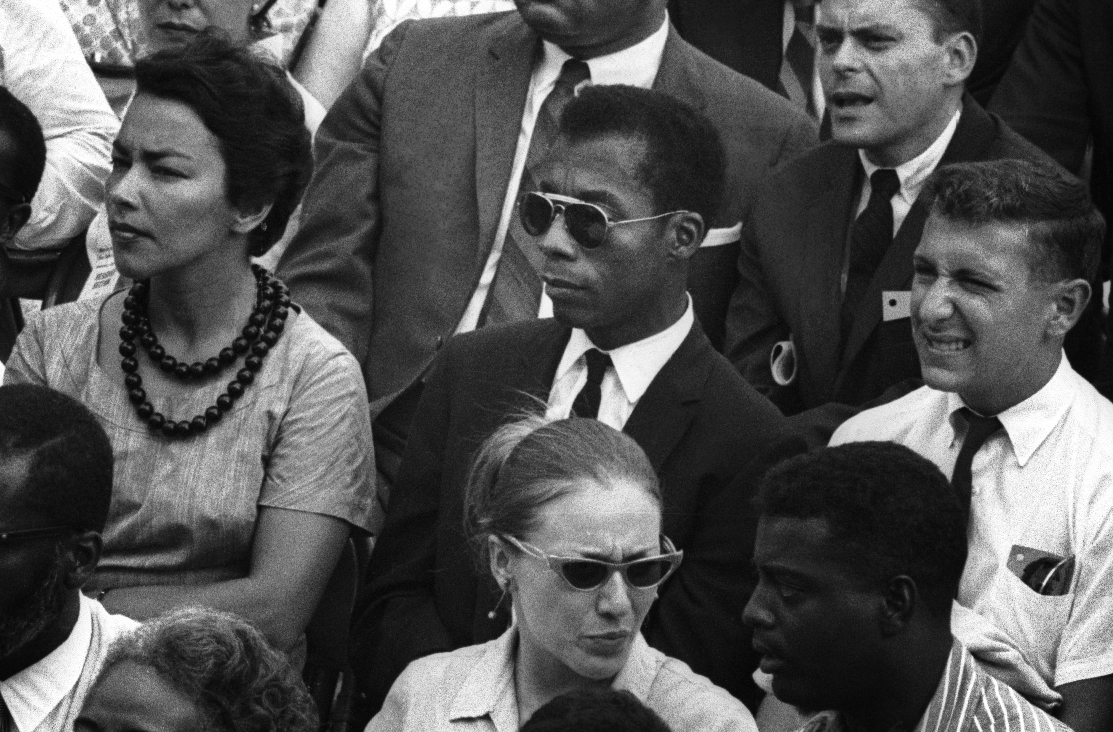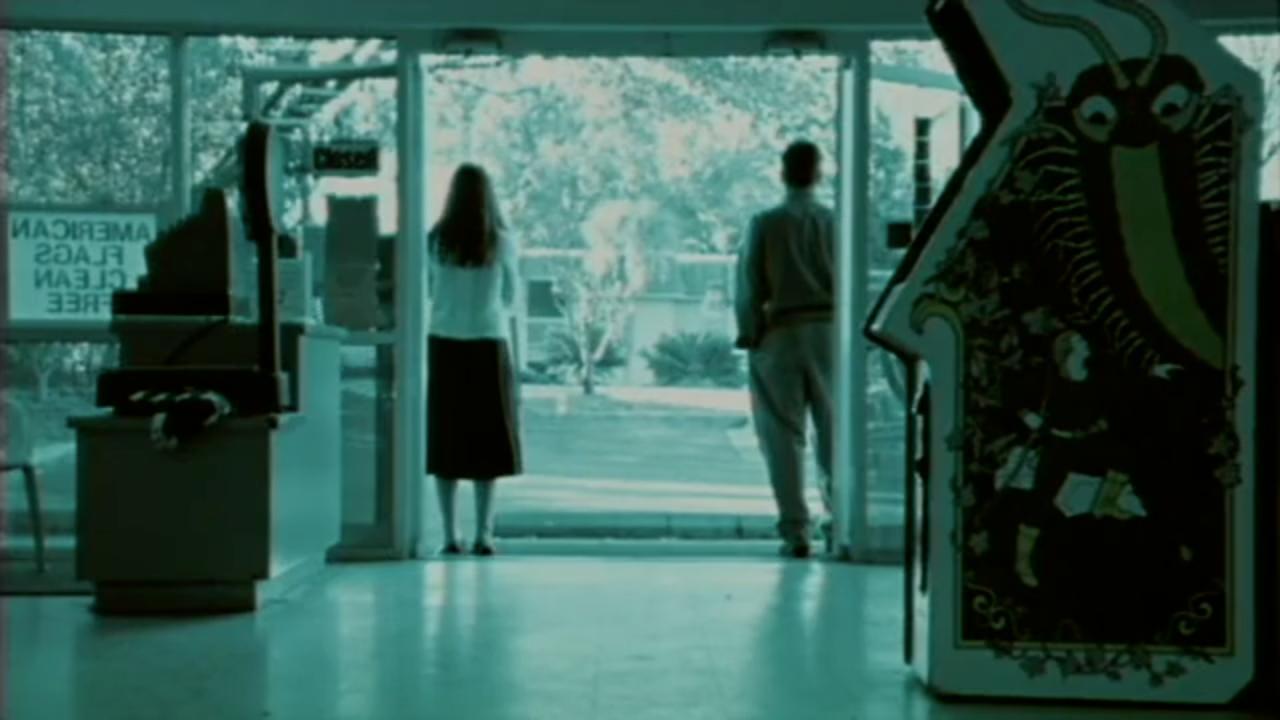In 1895, so the story goes, Auguste and Louis Lumière premiered their 49-second film The Arrival of a Train at La Ciotat Station, introducing an audience to the new medium of cinema. Panicked filmgoers, unable to distinguish representation from reality, cowered in terror, apparently under the impression they were going to be crushed beneath the locomotive.
rick
Until his sad, untimely death last month, Bill Paxton was one of the true under-celebrated actors of his generation. As a genre star, he had legions of dedicated fans (and apparently an army of co-stars eager to sing his praises as a decent, hard-working, charming guy to boot), but he always seemed more likely to register with casual movie-goers as That Guy.
There are few monsters who’ve ingrained themselves as deeply in the cultural horror imagination as Count Dracula, on the page, on the stage, and on screen. By the time F.W. Murnau released his shamelessly copyright-shrugging Nosferatu in 1922, thereby incurring the wrath of Bram Stoker’s estate, multiple versions of the story had already been told.
At a pivotal moment in Jordan Peele’s unbelievably assured horror debut Get Out, something snaps in one of the characters, and he delivers the title’s imperative with wide-eyed urgency to our protagonist Chris (Daniel Kaluuya). “GET. OUT.”
It’s an appropriately self-referential moment for a film that knows exactly what it is doing.
Oscar season is almost over! Soon, we will finally put the year to bed and get to work on the important things, like determining which films seem to be early contenders for Academy Award attention next year.
The other day, we provided some guidance to this year’s prestige awards, drawn from our viewing, reading, and arbitrary hunches.
Dog Eat Dog has all the trademarks and tics you’d expect from Paul Schrader — twitchy griminess, awkward dialog, stray mentions of faith, ultra-violence, losers who just can’t win, cocaine, samurai references. But it’s overwhelming, mean-spirited mood connotes revenge more than anything else.
With the Academy Awards being handed out this Sunday, it’s a popular and appropriate time for Oscar predictions. Any number of determining factors can help narrow down the field to an expected choice, and odds-makers all over the world are weighing in.
Nearly every review of Oscar Assayas‘ weird, lovely Clouds of Sils Maria eventually brings up the Swedish master Ingmar Bergman, and I don’t see why this one should be any different.
The Juliette Binoche/Kristen Stewart two-hander often plays like Assayas received some sort of Five Obstructions-like challenge to conjure up something “Bergmanesque” without the benefit of Sven Nyquist or Liv Ullmann.
I don’t want to startle any of my readers, but it turns out I’m a white guy. Watching I Am Not Your Negro, this couldn’t have been clearer.
Perhaps you may have gleaned this fact about me somehow — say, my weird focus on Nicolas Cage or the fact that I genuinely, almost angrily enjoy La La Land.
Movies, as we all know, are too long.
In the past, I’ve tended to roll my eyes at this allegation, chalking it up to the short-attention spans of the philistines who’d rather rewatch an episode of The Office yet again than encounter something new and daring, something incisive and in love with the image, something that has the unmitigated gall to last more than 45 minutes.


